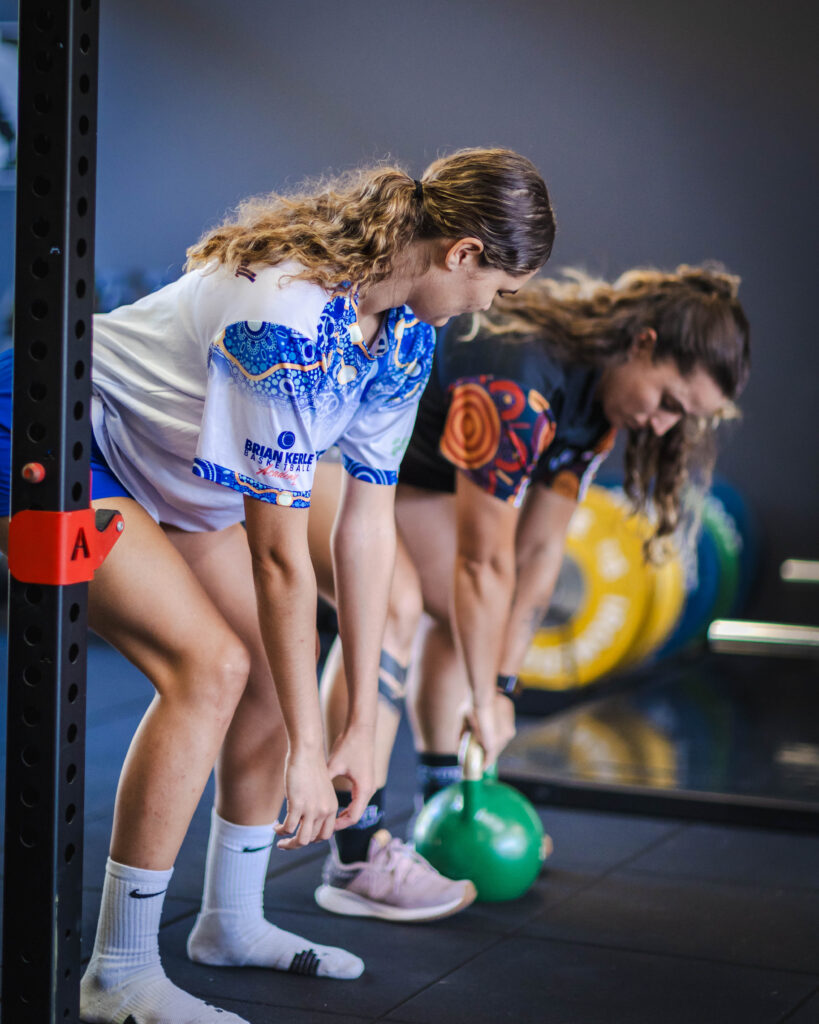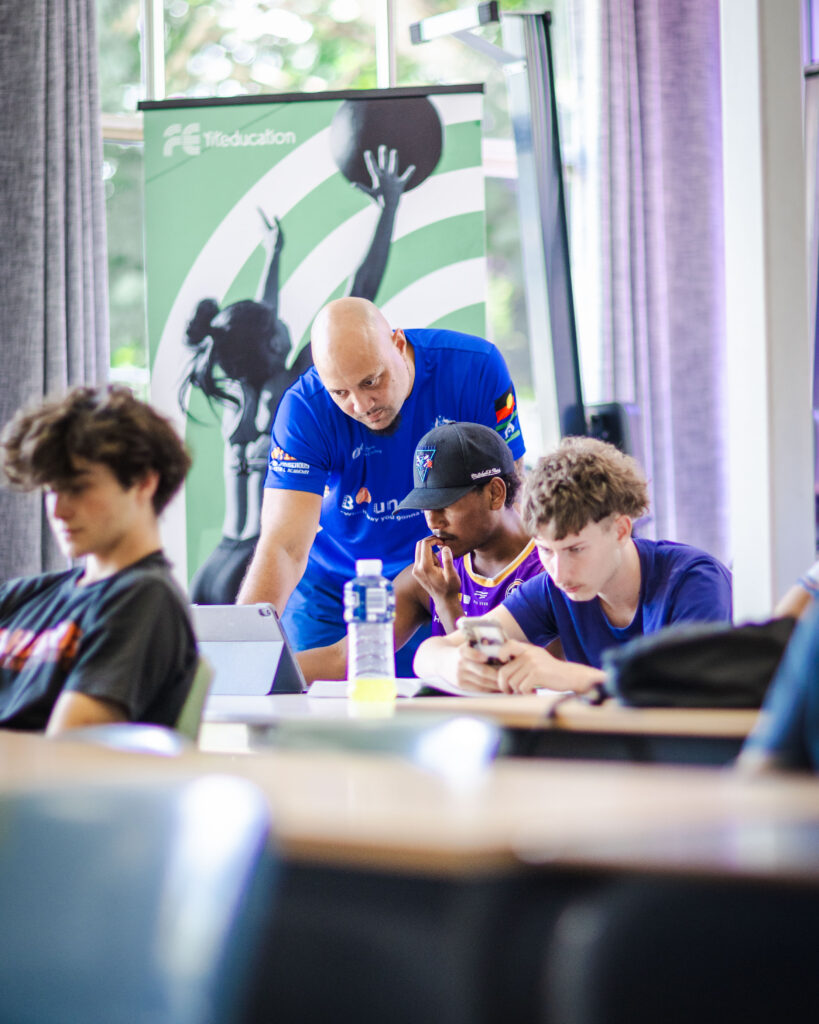In the past century, the invention of machines has radically transformed the way we live and work. While machines have made life easier and more convenient, they’ve also had unintended consequences on the human body. Before industrialization, most people engaged in manual labour daily—whether it was farming, construction, or other physically demanding tasks. These activities naturally kept people in shape. There were no gyms 100 years ago because we didn’t need them. Our daily lives were the workout.
Today, however, with machines doing much of the heavy lifting, we’ve become more sedentary. As a result, we need gyms to reintroduce physical stress into our lives, mimicking the labour that kept our bodies strong and fit. Without that physical stress, we go backwards. This phenomenon is called detraining—the loss of physical fitness due to the absence of sufficient physical activity. Detraining is one of the core principles of training. Or one of our favourite sayings goes “Use It Or Lose It”.
Now, as artificial intelligence (AI) becomes more and more popular, a similar question arises for the human brain. Could AI, with its automation, convenience, and efficiency, lead to a kind of detraining of the human mind?
Detraining the Brain
AI has the potential to make many cognitive tasks easier, from problem-solving and decision-making to learning and creativity. Like machines have done for physical labor, AI can handle mental labour, providing us with instant information, answers, and even creative suggestions. While this seems like a blessing on the surface, it also comes with a hidden danger—our minds may no longer face the same level of mental stress and challenge needed to grow and stay sharp.
Much like the body needs physical exertion to build strength, the brain thrives on mental effort to develop. This is common knowledge in the world of education. The act of grappling with complex problems, learning new skills, and engaging in critical thinking is what develops our brains and keeps our minds strong and adaptive. Without this mental workout, our brains become soft and weak as do unexercised bodies.
Just as we’ve built gyms to make up for the lost physical stress of manual labour, we need to build “gyms” for our brains to make up for the lost cognitive effort that AI is replacing.

The Smart Get Smarter and the Dumb Ger Dumber. The Growing Divide.
There’s another aspect to consider: not everyone will use AI the same way. Some people, in pursuit of convenience and ease, will offload as much mental effort as possible onto AI. This group will experience the cognitive detraining, relying on AI to think, plan, and solve problems for them. Over time, their capacity for deep thinking, creativity, and problem-solving will diminish—just like how someone who avoids physical activity grows unfit.
On the other hand, there will be those who understand the value of mental exertion. These people will use AI as a tool—enhancing their work while continuing to challenge their brains. They will embrace mental exercises, critical thinking, and intellectual curiosity, understanding that growth comes from effort. Much like fitness enthusiasts who enjoy training, these individuals will continue to challenge their cognitive limits. The result? An increasing divide between those who maintain their mental fitness and those who allow AI to “think” for them.
Just as our bodies (and minds) need physical activity to stay healthy our brains also need overload and social interaction.

Progressive Overload
The lesson here is simple: we must continue to stress and challenge both our bodies and our minds to ensure growth and development. (Hans Seyle’s General Adaptation Syndorme (GAS)). Machines took away much of the physical labour that once kept us fit, and AI threatens to take away the mental labour that keeps us sharp. But the solution isn’t to avoid technology—it’s to use it wisely.
AI is a tool, and like any tool, it’s up to us how we use it. If we allow AI to replace all mental effort, we risk getting dumber, just as physical inactivity makes us weaker. But if we use AI to augment our abilities while continuing to challenge our brains, we can unlock incredible potential without sacrificing our mental fitness.
Just as the body requires stress to stay strong, so does the mind. It’s up to each of us to choose how we respond to the rise of AI—whether we let it make us weaker or stronger.
References
- Fit Education, Certificate III in Fitness Textbook, 2024, 3rd edition
- Fit Education, Certificate IV in Fitness Textbook, 2024, 3rd edition
- Duchesne S, McMaugh A, Mackenzie E, 12 Nov 2021, Educational Psychology for Learning and Teaching, 7th edition
- Gatto, John Taylor. (2005) Dumbing us Down: The Hidden Curriculum of Compulsory Schooling. (Rev. ed.). Canada: New Society Publishers
- Haselhurst, Geoff. (2007) Philosophy of Education. Retrieved September 19, 2007 from http://www.spaceandmotion.com/Philosophy-Education.htm
- Allen G. D. (1989). Physiological and metabolic changes with six weeks detraining. Aust. J. Sci. Med. Sport 21, 4–9
- Epstein, D, Range: Why Generalists Triumph in a Specialized World Hardcover, 2019,
- Bosquet L., Berryman N., Dupuy O., Mekary S., Arvisais D., Bherer L., et al. (2013). Effect of training cessation on muscular performance: a meta-analysis. Scand. J. Med. Sci. Sports 23, e140–e149. 10.1111/sms.12047
- Aiken R, Epstein R (2000) Ethical guidelines for AI in education: starting a conversation. Int J Artif Intell Educ 11:163–176
- Baron NS (2023) Even kids are worried ChatGPT will make them lazy plagiarists, says a linguist who studies tech’s effect on reading, writing and thinking. Fortune. https://fortune.com/2023/01/19/what-is-chatgpt-ai-effect-cheating-plagiarism-laziness-education-kids-students/
If you enjoyed this article you may also enjoy reading AI: Friend or Foe? or Lessons Learned from a Career in Elite Sport and Fitness: Insights from an Expert.
